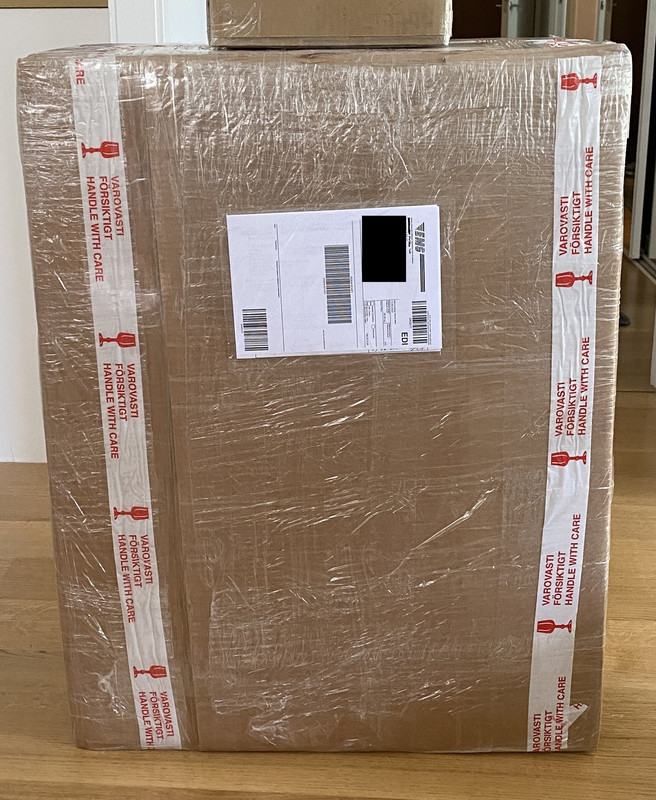Lessons learned from running a business
Over the past two years, I have operated a wholesale E-commerce store to sell European vintages to South Korean retailers. While running the business, everyday was dynamic. It was fun but also demanding. There have been challenges that I couldn't solve and the followings are the lessons that I learned from my previous business.
The major premise: A company should make profits by selling products or services.
Market size matters.
Market size is important. Small market means that there is a limit to generate profits and to gain new customers. Of course, creating a market can be another option but it takes time to convince customers, partners, and other constituencies to see the world differently.
I do not have an answer about how big a market should be to be in. However, one thing that I am sure is that I will research and measure the estimate of the market size before making a decision to enter the market.
Economies of Scale
Economies of scale means cost advantage that companies would get when production becomes efficient. In a company where production lines are systematized, the cost of time and money should decrease as customers and orders increase. Unfortunately, my business has performed in opposite direction. The more orders were made, the more time and money were consumed. A rise of the cost was inevitable considering the following features of vintage ceramics.

-
Ceramics are fragile.
Ceramics are easy to be damaged during transport. The risks to have damages are higher in international shipping. In order to prevent any harms, packing materials should be sturdy and it costs more money. (Cost ↑). Besides, all items should be covered carefully with packing foam and it takes time (Time ↑).
-
The size and volumes vary in each item.
Since the size and volumes of vintage ceramics are not standardized, it is necessary to customize the box sizes. Purchasing various sizes of packing boxes with small amount costs more.(Cost ↑) Sometimes, I need to make a box where items were perfectly fit into. (Time ↑)
-
I cannot control quantity and quality of products.
The major drawback of selling vintage ceramics is in the quality and quantity control. Vintage are not new. They are used and it is easy to find defects on items. Even though I sourced items after thoroughly checking conditions, there were always minor defects. My customers avoided to buying these items and the items with defects remained as unsold stocks.
Also, manufacturers do not exist for vintage. It is hard to restore products stably and continuously if there are popular items. I need to constantly look for new items that can be sold. (Time ↑)
Uniqueness of products or services
When I started the business, it was the only e-commerce store where Korean retailers can order vintage ceramics in bulk. Products were sold immediately as soon as they were uploaded on the website. It was a good day. Soon after, however,similar businesses came up into the market.
The competition became fierce whereas the number of customers was limited. The range of products was similar between stores and the prices of vintage ceramics started to plummet.
I want a business that steadily grows in a long run. One of key elements to be close to what I achieve is to have uniqueness in products and services other than low prices.
Products or services should be legitimate.
It is the most important lesson that I learned from my business. Business owners must ensure legitimacy of products or services from production to consumption.
In South Korea, all importors must have a certification issued by Ministry of Food and Drug Safety if they want to sell ceramics that have apprearance of foodware — even vintages. The certifications are only issued after passing inspections that inludes material testings. There is certainty that the products will have damages throughout testing.
Different laws are applied to the same products or services in different countries. Do research the entire process from production to consumption and check if products or services have any infringements in the target market.
Understanding accounting
There is a saying that accounting is the language of business and it is the key to check financial status of a company. I will write about accounting in another article.